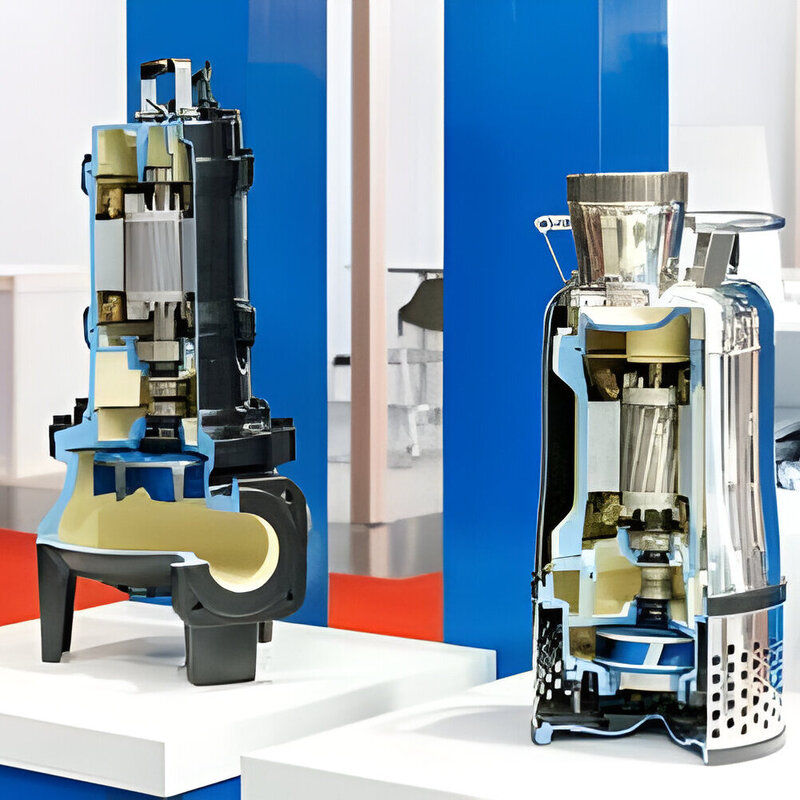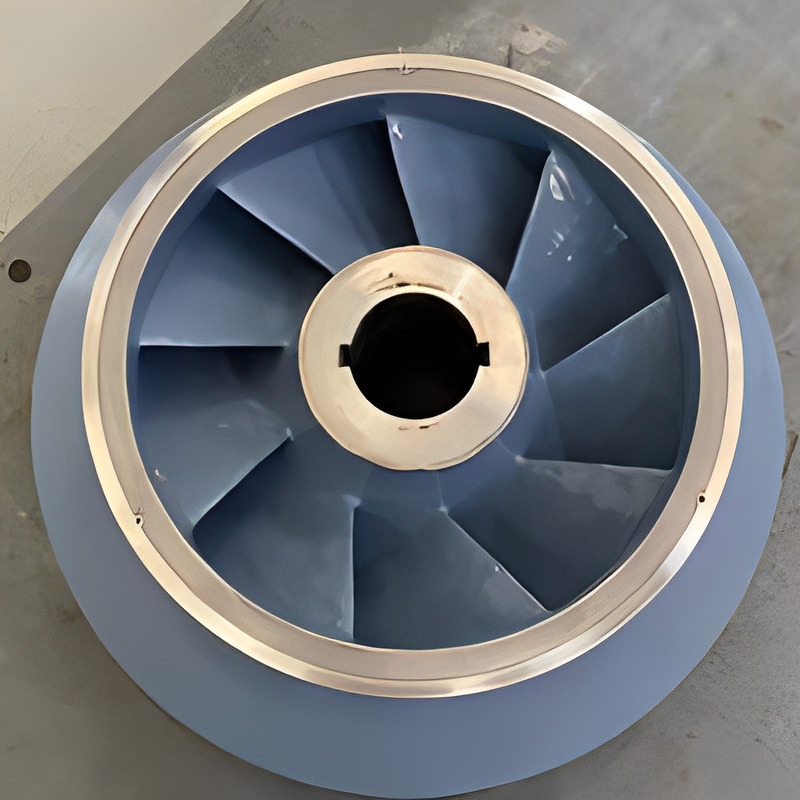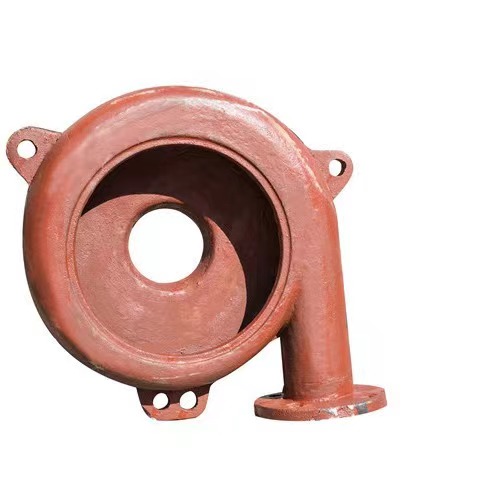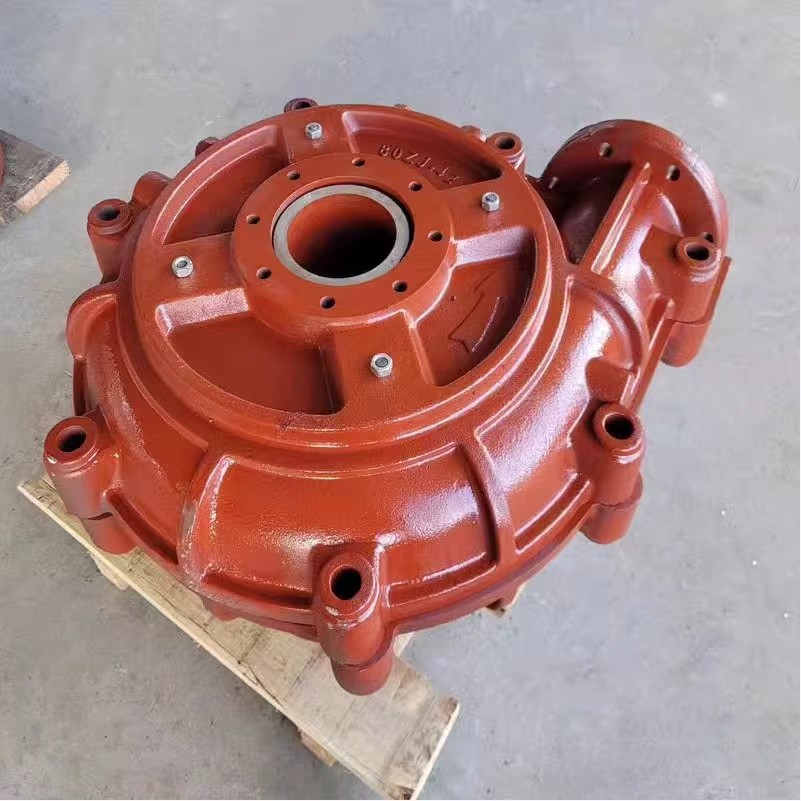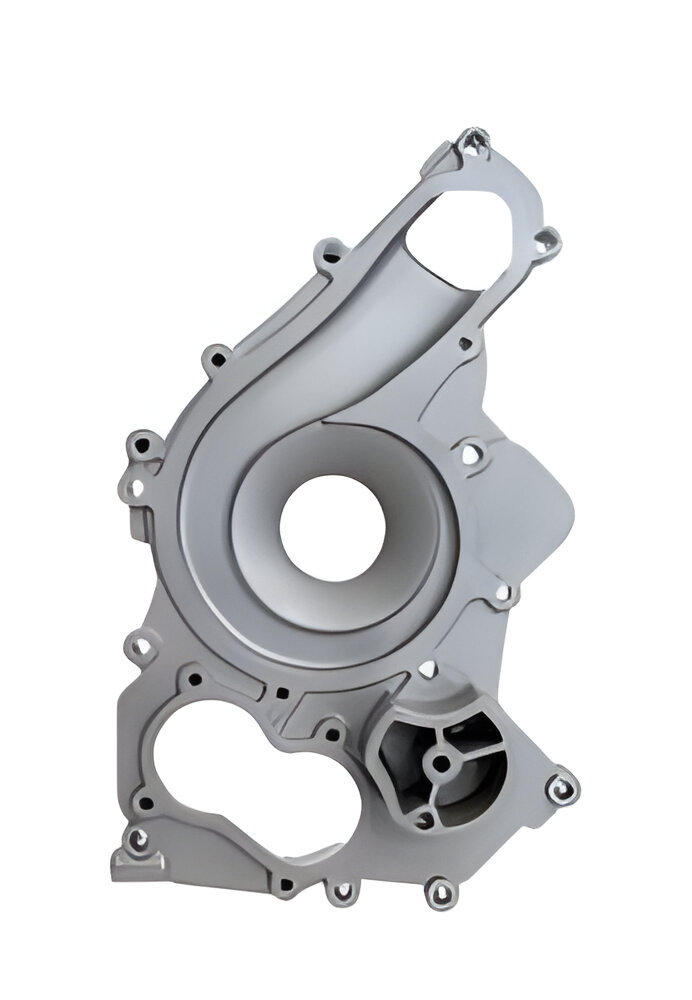In the realm of fluid dynamics, the efficiency and reliability of pumps depend greatly on the quality and design of their impellers. Among various manufacturing methods, investment casting stands out for producing high-quality impellers. When it comes to sourcing these crucial components, choosing a reputable supplier is paramount. In this article, we delve into the significance of wholesale well casted impellers, exploring their manufacturing processes, materials, and applications.
The Art of Investment Casting for Impellers Investment casting, also known as lost-wax casting, is a precision manufacturing process renowned for its ability to produce complex and intricately detailed parts with exceptional surface finish. This method is particularly favored in the production of pump impellers due to its capability to create intricate blade designs and thin profiles.
Investment casting begins with the creation of a wax pattern, which is an exact replica of the desired impeller. Multiple wax patterns are then attached to a central wax sprue to form a cluster. Next, the wax cluster undergoes a series of dipping and coating processes to form a ceramic shell around the patterns. Once the ceramic shell is hardened, it is heated to melt and remove the wax, leaving behind a cavity that will be filled with molten metal.
The molten metal, typically stainless steel or other corrosion-resistant alloys, is poured into the ceramic mold. After cooling and solidification, the ceramic shell is broken away to reveal the cast impeller. Investment casting allows for tight tolerances, intricate geometries, and smooth surface finishes, making it an ideal method for producing high-performance impellers.
Advantages of Wholesale Well Casted Impellers Choosing wholesale well casted impellers offers numerous advantages for pump manufacturers and end-users alike. Firstly, these impellers are manufactured in bulk, resulting in cost savings through economies of scale. By purchasing in wholesale quantities, manufacturers can enjoy lower per-unit costs, allowing for more competitive pricing of their pumps.
Furthermore, well casted impellers undergo rigorous quality control measures to ensure dimensional accuracy, material integrity, and performance consistency. Suppliers specializing in wholesale impellers often have stringent quality assurance protocols in place, guaranteeing that each impeller meets the highest standards.
Moreover, wholesale suppliers typically maintain ample inventory levels, ensuring prompt availability and delivery of impellers to meet customer demands. This minimizes lead times and reduces the risk of production delays for pump manufacturers, thereby enhancing overall efficiency and customer satisfaction.
Applications and Versatility of Impellers Impellers find application across a wide range of industries and pumping systems, each with its unique requirements and challenges. From centrifugal pumps used in water treatment plants to fuel pumps in automotive engines, impellers play a critical role in fluid transfer and circulation.
Centrifugal pump impellers, in particular, are designed to convert rotational energy from the motor into kinetic energy to propel fluid through the pump. Whether it's a boat water pump impeller ensuring proper cooling of marine engines or a pool pump impeller maintaining water circulation in recreational facilities, the performance and reliability of these impellers are paramount.
OEM well casted impellers cater to the specific needs of original equipment manufacturers (OEMs), offering customized designs and materials tailored to their pump systems. Stainless steel impeller castings are highly sought after for their corrosion resistance and durability, making them ideal for applications involving corrosive fluids or harsh environments.
Additionally, the versatility of impellers extends to various casting methods, including sand casting and precision investment casting. While sand casting is suitable for larger and more straightforward impeller designs, investment casting excels in producing intricate and lightweight impellers with superior surface finish and dimensional accuracy.
Meeting Industry Standards and Specifications When sourcing wholesale well casted impellers, it's essential to ensure compliance with industry standards and specifications to guarantee compatibility and performance. Whether it's adhering to ASTM standards for material properties or meeting ISO certifications for quality management systems, reputable suppliers prioritize adherence to established norms.
Stainless steel castings manufacturers with certifications such as ISO 9001 demonstrate their commitment to quality and continuous improvement. These certifications instill confidence in customers regarding product reliability, consistency, and traceability throughout the manufacturing process.
Furthermore, suppliers proficient in impeller casting processes offer comprehensive technical support and engineering expertise to assist customers in selecting the most suitable impeller design and material for their specific applications. By understanding the operating conditions, fluid characteristics, and performance requirements, suppliers can recommend optimal impeller solutions to maximize efficiency and longevity.
Conclusion In conclusion, wholesale well casted impellers play a pivotal role in enhancing pump performance across various industries and applications. Leveraging the precision and versatility of investment casting, these impellers offer unparalleled quality, reliability, and efficiency. Pump manufacturers and end-users alike stand to benefit from the cost savings, inventory availability, and technical support provided by reputable suppliers.
Whether it's centrifugal pump impellers for water circulation or OEM-specific designs for specialized applications, choosing the right impeller supplier is crucial for achieving optimal pump performance. With a focus on quality, compliance, and customer satisfaction, wholesale suppliers like KT Foundry strive to deliver superior impeller solutions tailored to meet the evolving needs of the pumping industry.


